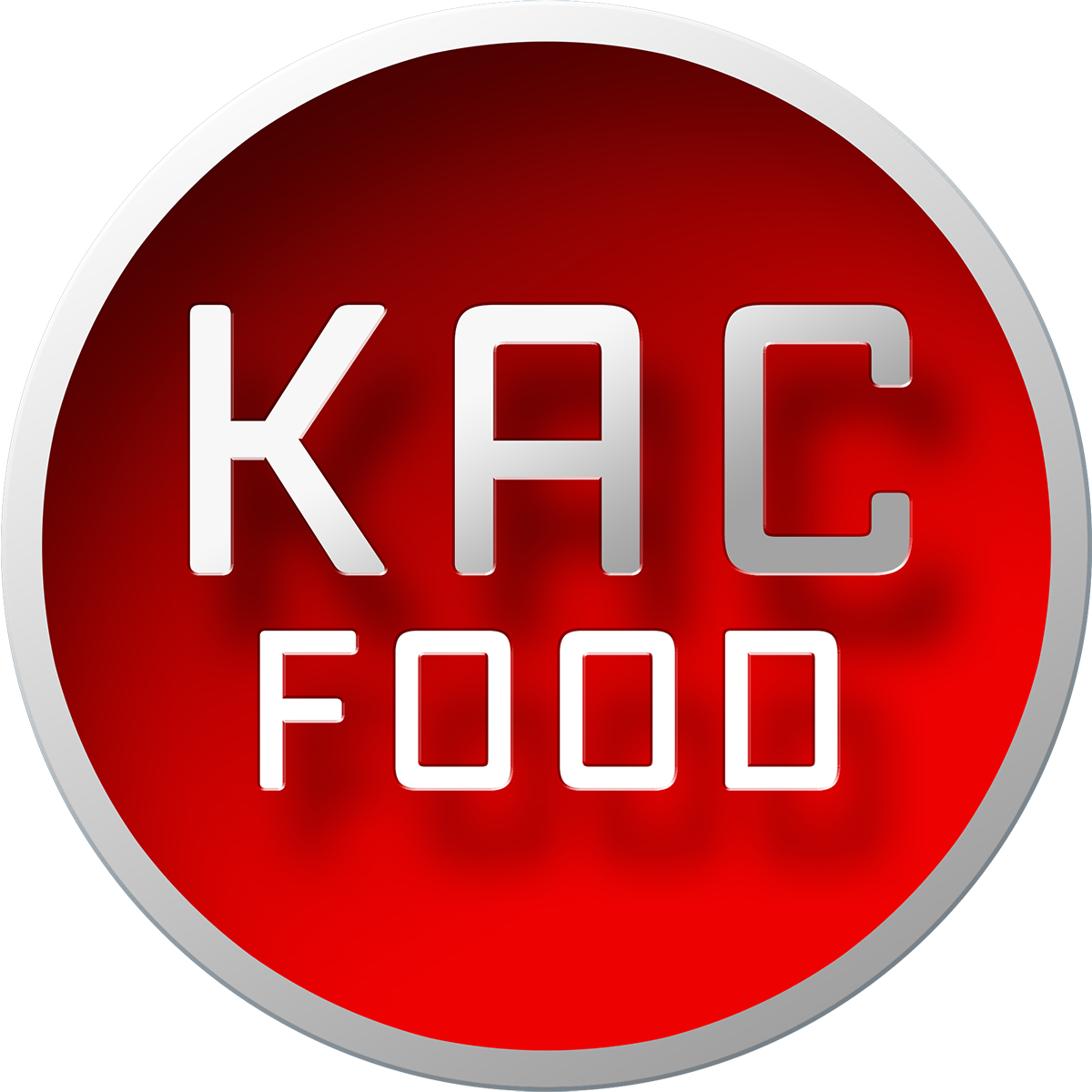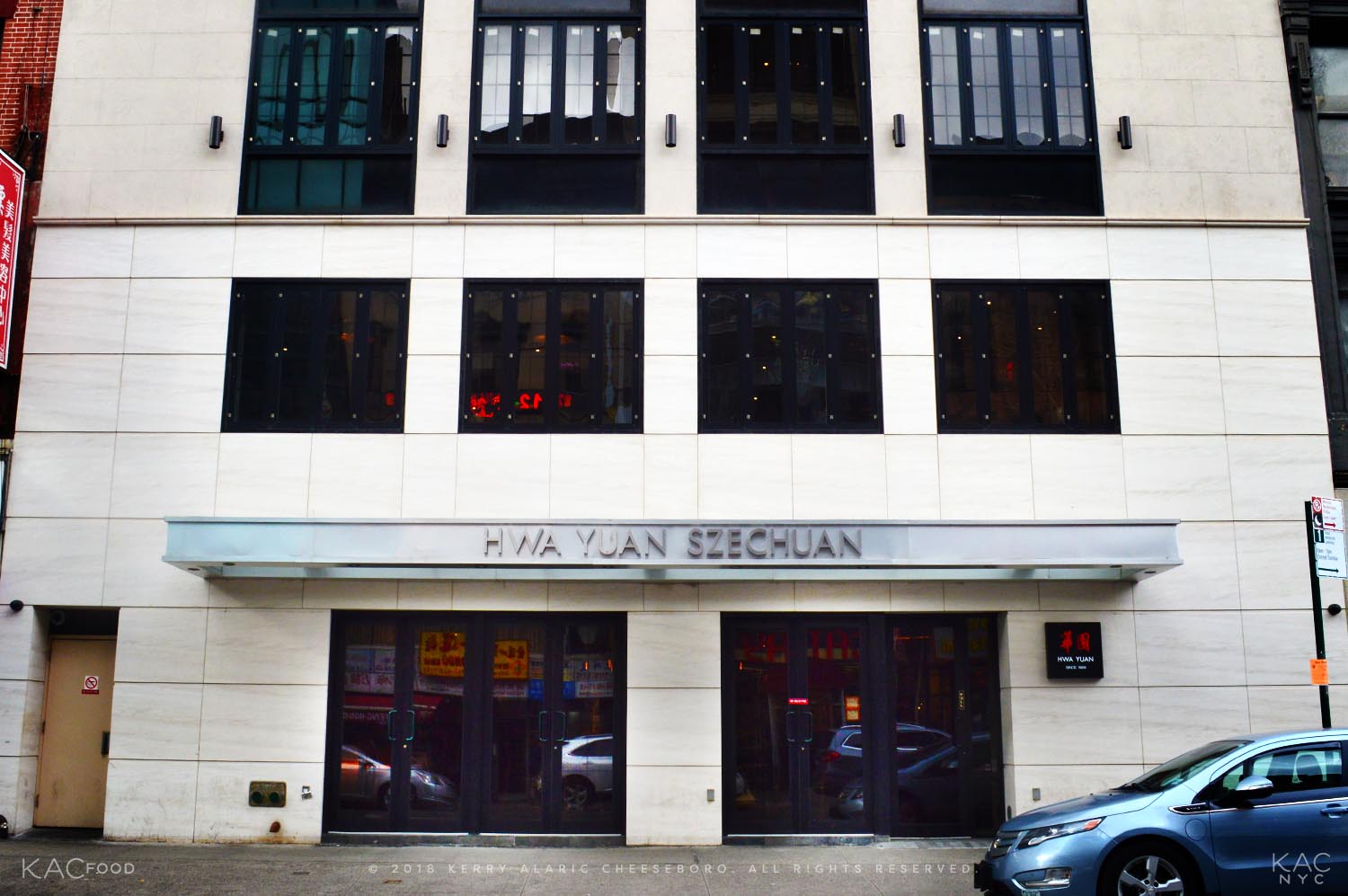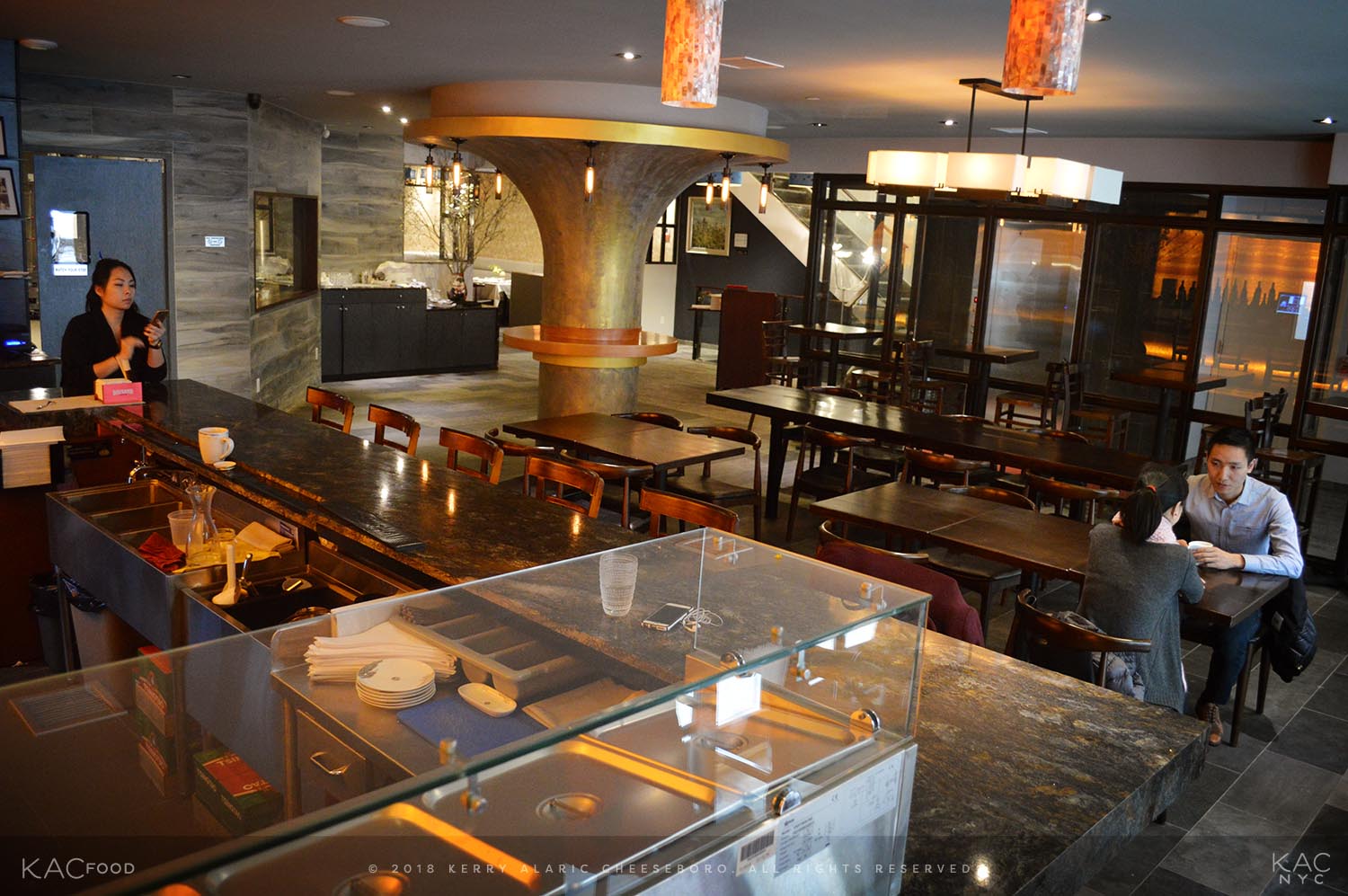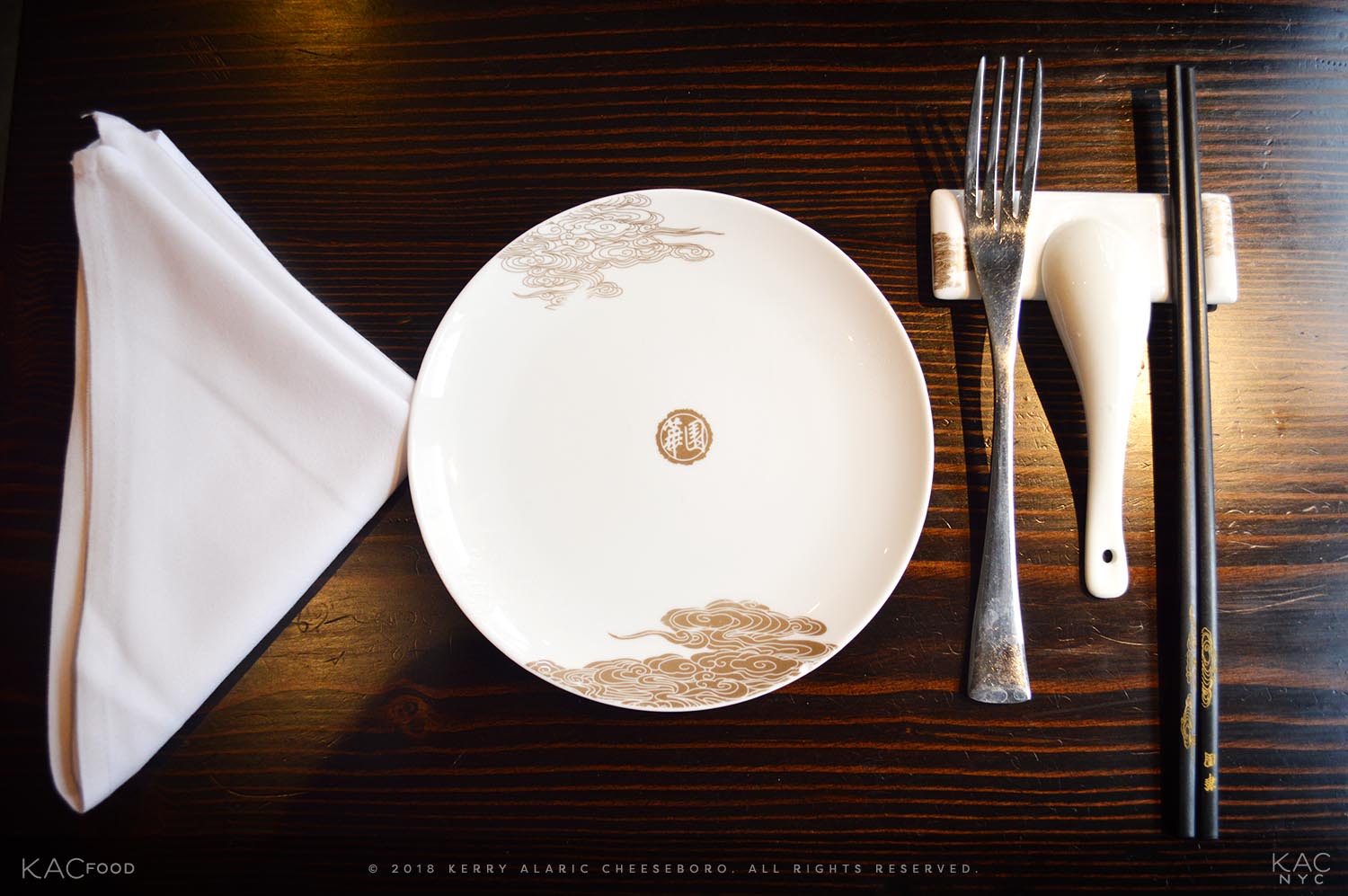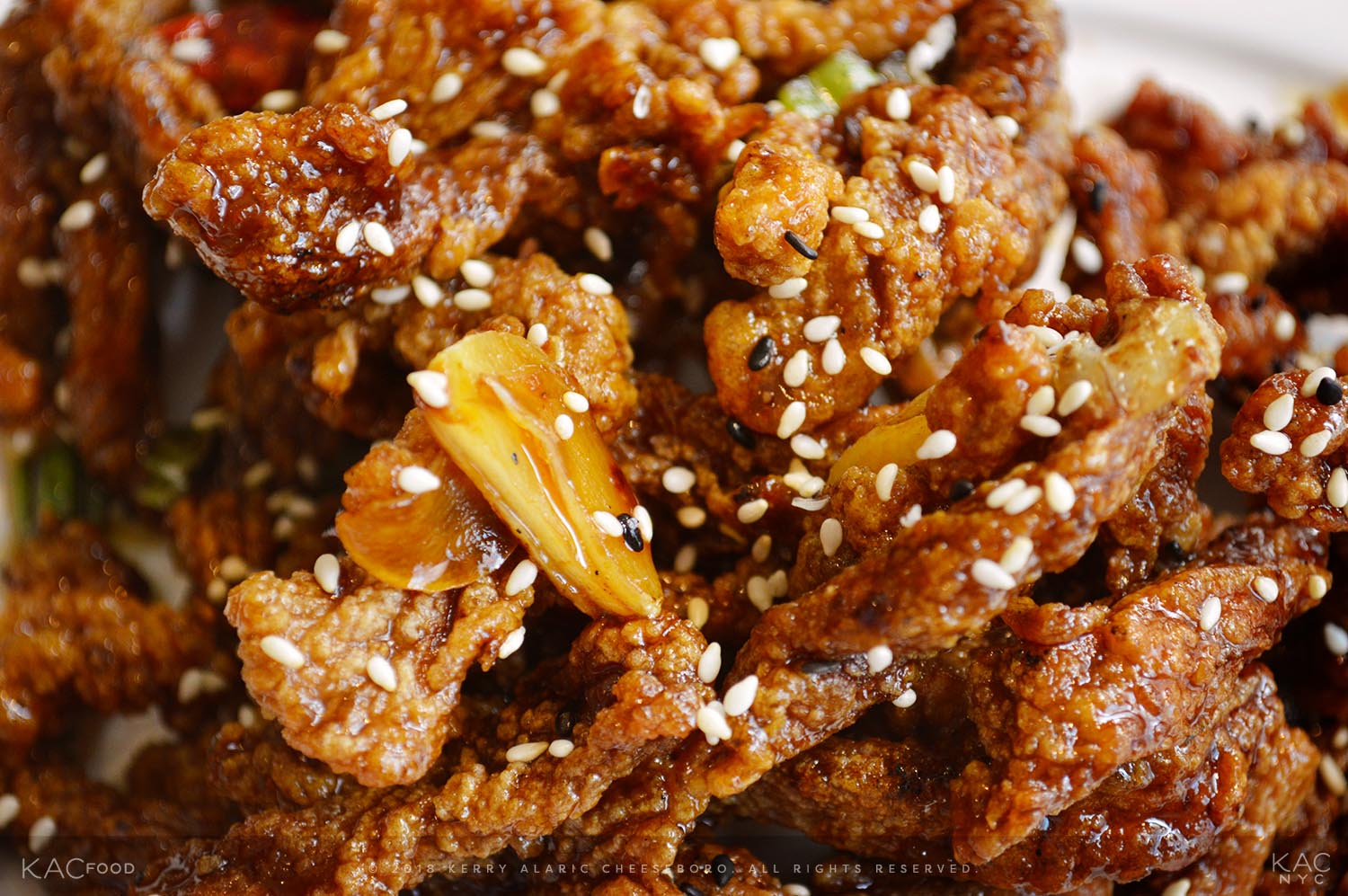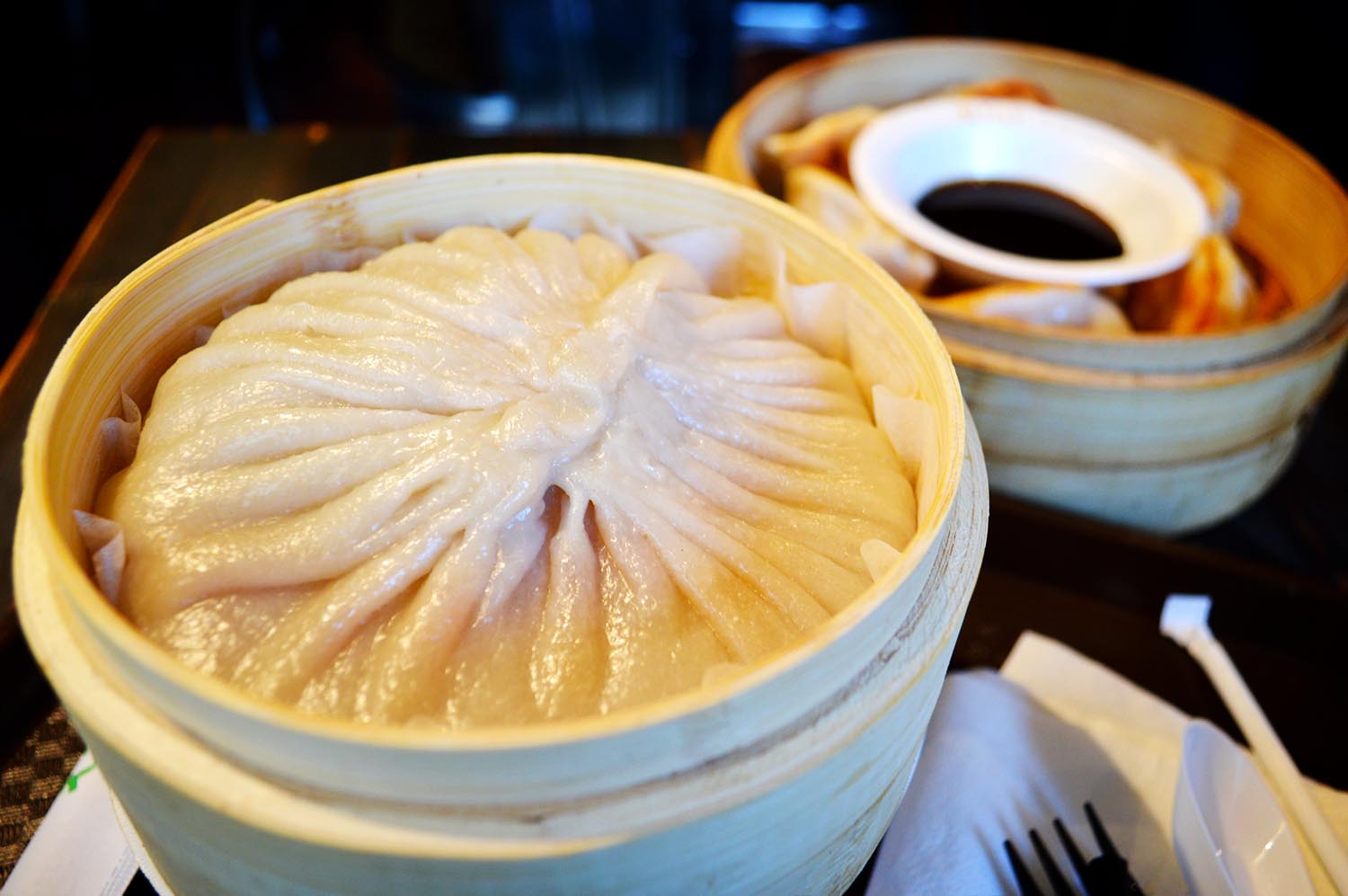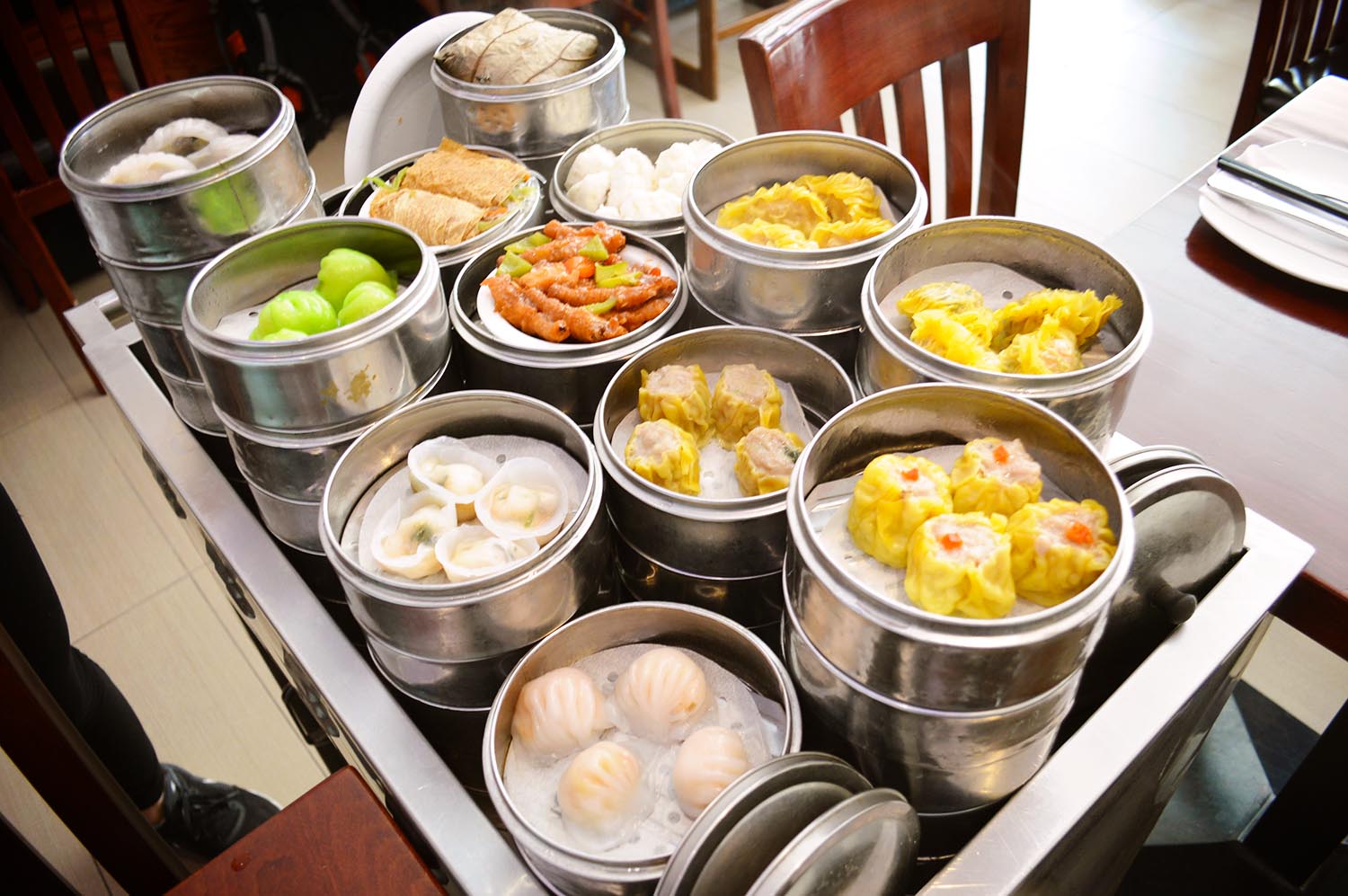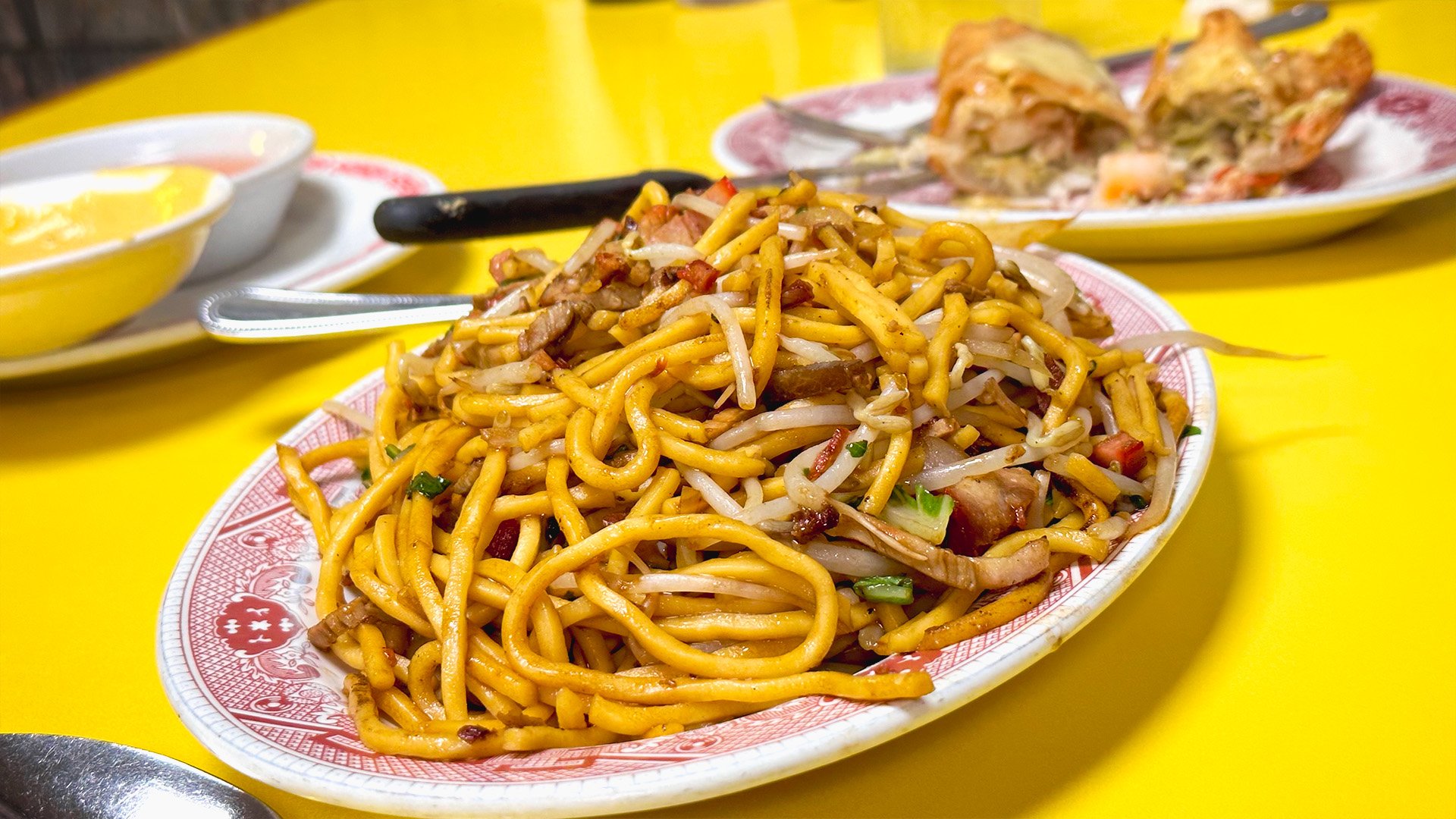This *Is* Your Father's Szechuan!
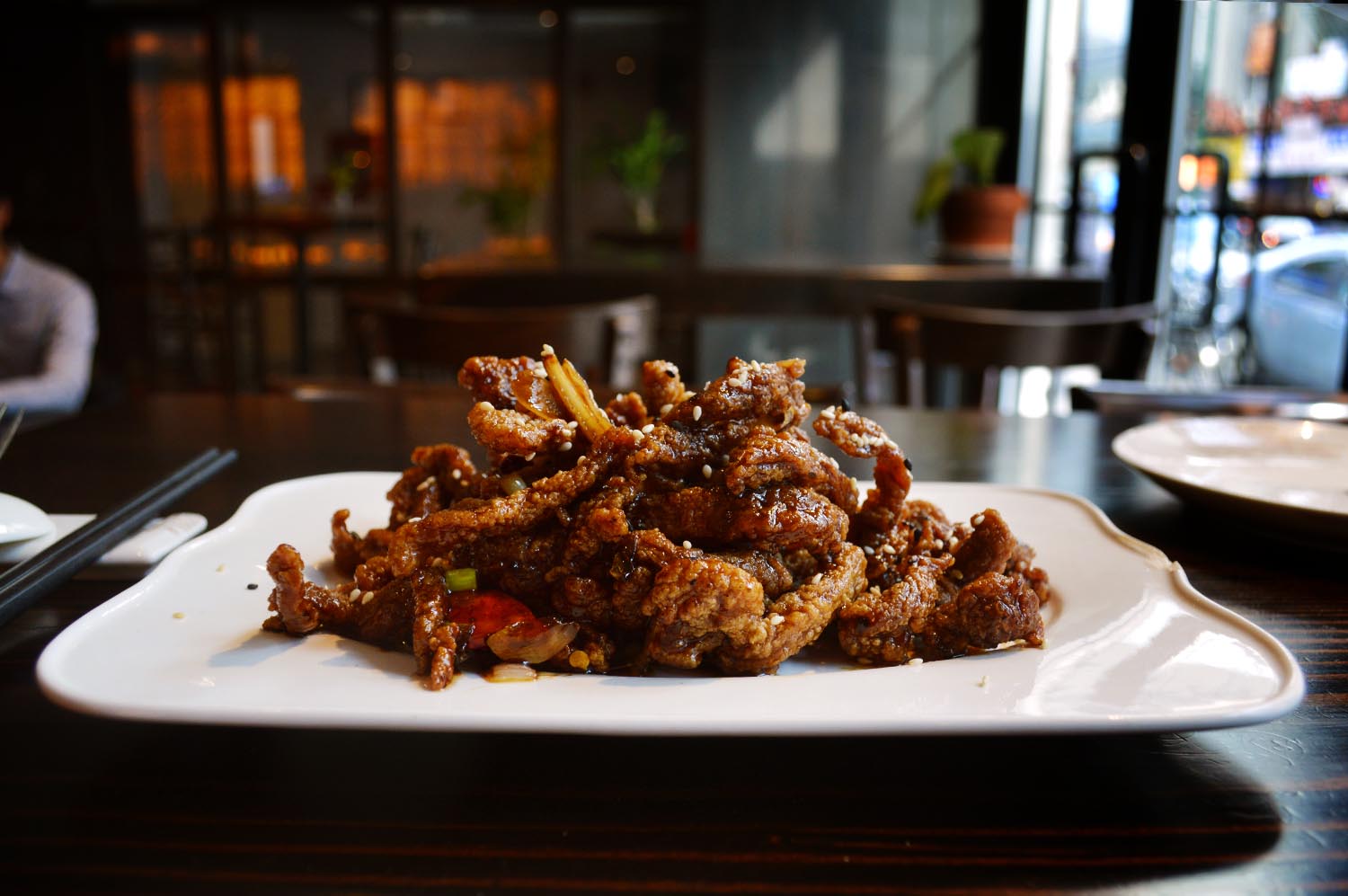
The Grand Return of Hwa Yuan Szechuan
I will always feel a bit sorry for this younger generation whose only knowledge of, and reference to, Chinese food is off the “takeout” variety, where they’ve come to expect that its the cornstarch that makes every “sauce” that globular consistency when it just starts to cool down, and who accept they’ll never know exactly what MSG is, but forge gratitude that it must be the ingredient that makes every Chinese food menu item taste unblandly similar.
They have no wistful memories of the Chinese food of my youth, nor of the (often special occasion) dining experience of entering a lavish restaurant space, festively adorned with colorfully ornate fixtures, staffed by brilliantly attired hostesses and quietly courteous waiters, and bedecked with crisp linen-topped, heavy tables, dressed with pristine stainless steel utensils, art-printed, glossed wood chopsticks, and traditionally painted porcelain serving vessels.
No, today’s Chinese food exists mainly in pedestrian ubiquity, its very soul sold — in this “new age” — for the convenience of being just a Seamless order away.
Over the last 25-plus I have consumed a large majority of my Chinese food while in my pajamas and tee shirt, and out of plastic containers I then keep with plans to find later use for, though I never do.
Thankfully, not only has someone made it a point to bring back the heydays of Szechuan (and Cantonese) plates and dishes that helped celebrate birthdays, weddings, a job well done, or were worth a “splurge” of not just cost, but good company. And lucky for us, that “someone” is a group of someones that make up the Tang family — long highly regarded and revered for bringing cold sesame noodles to the attention and grateful palates of NYC diners.
Yun Fa “Shorty” Tang introduced Gotham to its first taste of cold sesame noodles — and Szechuan cuisine in general — in the 1960s at his Chinatown restaurant Hwa Yuan, and enjoyed a long tenure of success, garnering high, sustained praise for years. His son, chef Chen Lieh Tang, and grandson, James Tang, brought the cold sesame noodles of note back to the city when they open up Shorty Tan Noodles, In Chelsea, to much positive response last year.
And Chef Chen and son James have not just brought back the name to their just opened Hwa Yuan Szechuan, they’ve brought back the reverence, quality, respect, and culinary skill of the versions of dishes that became famous and well-known by name alone.
I recently happened down to East Broadway — a street so prototypically Chinatown that the only English on 90% of the storefront awnings that line the street are the words “E Broadway” — where the front facade of the new Hwa Yuan Szechuan, which more references the hoity, chic hotels that revitalized the formerly maudlin Meatpacking District — sticks out like a diamond.
(This new Hwa Yuan Szechuan promises to plant one foot steeped in cultural traditions, and one foot stepping into 21t century sensibilities. In a way, Hwa Yuan hopes to step forward into the past.)
The gorgeously manicured interior offers the increasingly rare modernity of homey comfort; yes the front dining area boasts communal seating, but the ambience invites convivial intimacy, rather that cramped, near forced interaction.
Then ultimately, there is the food. A "dry-sautéed" tangy crispy beef arrives in aroma a few lovely seconds before the plate hits my table. “Crispy”, finally, isn’t figurative anymore, not when tender strips of beef are coated in a properly utilized cornstarch, giving each bite a sometimes even audible “crunch”, while making it easier for the savory, sweet, spicy, earthy, tangy, zippy, sticky glaze entertain the other tastebuds without distracting from the beef’s naturally giving properties.
The chicken rib soup collects itself admirably, benefitting from on-the-bone, darker chicken meat and skin rendering its flavorful fats, rounded out by comfortingly familiar herbs.
And a fully realized moo shoo pork is more generous with the respectfully seasoned protein, black Chinese mushrooms and scallions being the only other vegetables necessary to give the dish body, earthiness, and a bit of bite. The tangy, slightly nutty hoisin still a perfect compliment to the venerable dish, served in a thin yet sturdy crepe that provides added taste and texture, and doesn't just serve as a convenient delivery system.
I look forward to returning to Hwa Yuan to try many more of my favorite dishes from “back in the day”, as well to sample to creatively new menu items as well. (Extra points for coming up with a red bean spring roll dessert, that fascinates my culinary imagination.
In a city that (disturbingly) continues to confuse “modernization” with “homogenization”, it’s refreshing to experience a throwback to a time when we didn’t trade quality for convenience. When people knew chefs from actual restaurants, and not TV shows. When happy customers were more important than happy board members.
And it is also great to be able to proudly say — figuratively for us, literally for Chen Lieh and James Tang — this is *indeed* your father’s Chinese food.
•••····
Hwa Yuan Szechuan | 42 East Broadway | New York, NY 10002 | (646) 301-9874 | hwayuannyc.com
